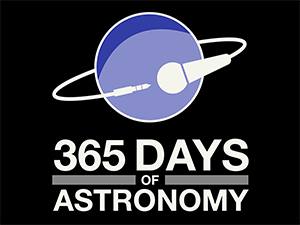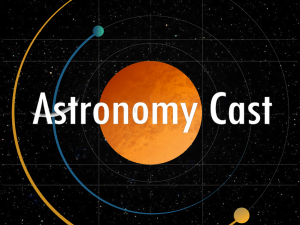
Understanding Mars’ warm and wet past is all well and good. But what about its current climate, which is cold and dry. We keep talking about sending humans to Mars. That’s a long journey and requires the ability to do some minor bits of terraforming. Can we really grow potatoes on Mars? Mark Watney did, and while The Martian is a well-researched bit of fiction, it’s still just that: fiction.
However, an experiment run by Franklin Harris at Colorado State University has managed to grow clover plants in Mars-like soil, so maybe fiction isn’t that far from possible fact.
Okay, okay. It’s not that simple. Remember what Mark Watney had to do to make the potatoes grow? Well, Martian soil is missing important components for plant growth, and the experiment provided that missing component by inoculating the soil with symbiotic nitrogen-fixing bacteria. So you absolutely can grow plants in Martian soil, but you have to give it something extra to really make it work.
Just how much improvement did the team see when using the microbes? The clover experienced 75% more growth compared to its control partner, but strangely, they didn’t find any more ammonium ions in the soil of the larger plant. This means that the clover keeps the microbes all to itself and doesn’t help nearby plants. While this method seems to work with this particular plant, we’ll still have to keep experimenting to find out what works for other plants. I wonder if Mark Watney would have enjoyed some clover with his potatoes?
More Information
Clover growth in Mars-like soils boosted by bacterial symbiosis (EurekAlert)
“Soil fertility interactions with Sinorhizobium-legume symbiosis in a simulated Martian regolith; effects on nitrogen content and plant health,” Franklin Harris et al., 2021 September 29, PLOS ONE



